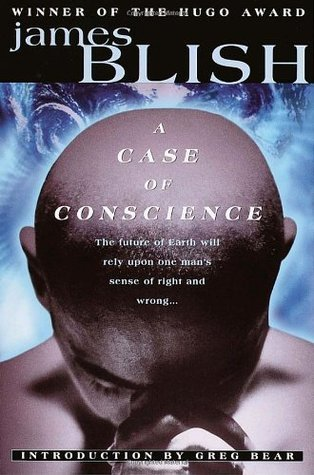Sheol, Hades and Hel were not immortality, or deathlessness, but consciousness of the absence of life, something not to be hoped for but to be dreaded and delayed for as long as possible. We might ask: how can consciousness outlast life? Consciousness seemed to leave the body temporarily in dreams, therefore was assumed to leave it permanently at death.
Biblical immortality was in a resurrected body. Greek, Jain and Hindu Dualist immortality is in a reincarnating but eventually liberated soul. Christian immortality is in a soul and a resurrected body.
In Poul Anderson's "The Problem of Pain," when an Ythrian of The New Faith is asked whether he believes that the spirit outlives the body, he snaps, "'How could it?...Why should it?'" (The Van Rijn Method, p. 122) Two very good questions.
In James Blish's A Case Of Conscience, when Fr. Ramon Ruiz-Sanchez asks the Lithian, Chtexa, whether his people die, Chtexa replies that every organism ceases to change and becomes inert and that this is good because the dead feed or make way for the living. Chtexa sees death in purely physical terms and this is a problem for Ruiz-Sanchez.

1 comment:
Kaor, Paul!
Not quite, even pagans like those of Egypt of the Pharaohs were able to come to more "developed" conceptions of the afterlife. At first paradisal happiness after death was restricted to the king, but that was gradually extended to all Egyptians who passed being judged by the gods at the "weighing of hearts."
A similar development can be seen in the Chosen People as God gradually revealed more and more to the Jews. That was esp. true during the late intertestamental period, as seen during the various schools of thought seen among the Jews. A process reaching its culmination in Christ and Christianity.
Ad astra! Sean
Post a Comment